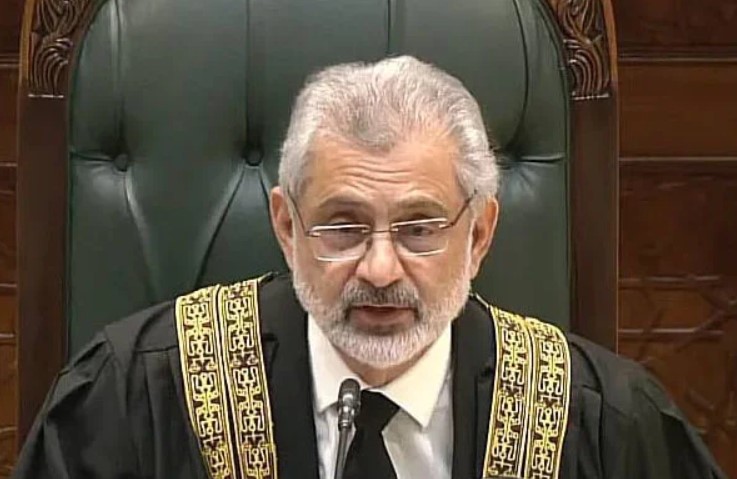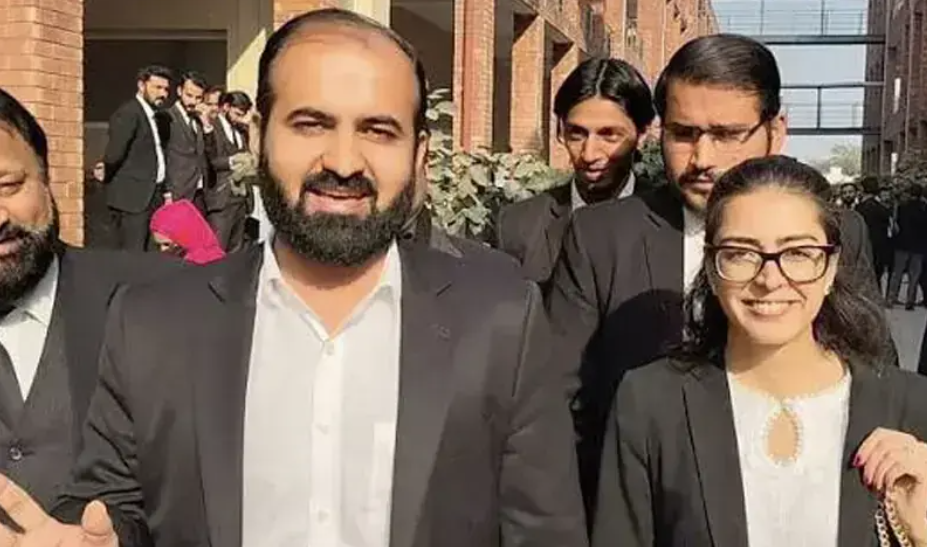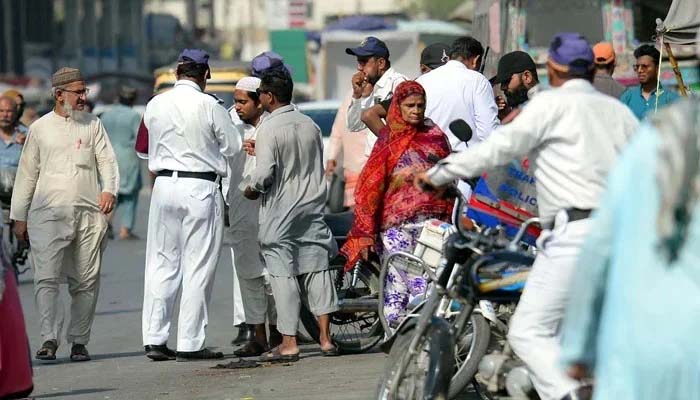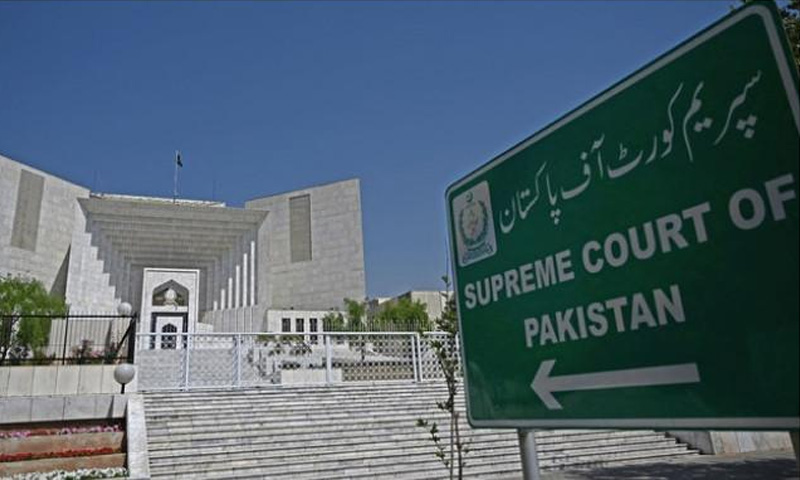LEGAL

The Supreme Court of Pakistan resumed its hearing on the petition seeking a review of the 2022 verdict concerning the defection clause under Article 63-A of the Constitution. Chief Justice Qazi Faiz Isa expressed his intent to include Justice Naeem Afghan in the new larger bench to prevent any disruption to the other judges.
During the session, PTI lawyer Ali Zafar raised objections regarding the bench's composition, which the Chief Justice addressed, assuring that Zafar's concerns would be considered later in the proceedings.
Shehzad Shaukat, the President of the Supreme Court Bar Association, pointed out the presence of a presidential reference in the case, alongside applications filed under Article 184/3. He contended that a combined decision could not be rendered; only an opinion could be provided regarding the presidential reference.
The Chief Justice questioned the legal inquiries raised by then-President Arif Alvi, noting that the same government was the petitioner in this matter. Shaukat responded by outlining four specific questions posed by the President related to the defection clause.
The discussion turned to the judgment's implications for the deseating of deviating members. The Additional Attorney General stated that the votes of disaffected members would not be counted, while Justice Qazi pointed out that the Constitution explicitly mentions processes like no-confidence motions and elections for Prime Minister and Chief Minister.
Justice Qazi highlighted a recent case in the UK, where a political party changed its Prime Minister without losing its majority, suggesting that the issue of political loyalty and conscience is complex.
Shahzad Shaukat argued that the ruling equates defection to a corrupt practice, referencing a point in the judgment that indicated there are no examples of defection based on personal conscience. The Chief Justice responded that determining one's conscience is not straightforward and questioned whether political party-switchers should be viewed as conscientious.
The debate intensified as Shaukat referenced the potential conflict between separate instructions from a party head and the parliamentary party head, raising questions about whose directives should take precedence.
Justice Qazi pointed to a previous ruling by Justice Mansoor Ali Shah on Article 62(1)(f), explaining which clauses related to disqualification are automatically enforced. Shaukat pressed for the withdrawal of the controversial decision, claiming it effectively rewrote the Constitution.
In response, Chief Justice Qazi Faiz clarified that the judgment does more than state that certain votes will not be counted; it raises questions about accountability for members who defy party directives when instructed to vote.
This ongoing case underscores the complexities of political party dynamics in Pakistan and the legal interpretations that affect lawmakers' actions under the Constitution.




